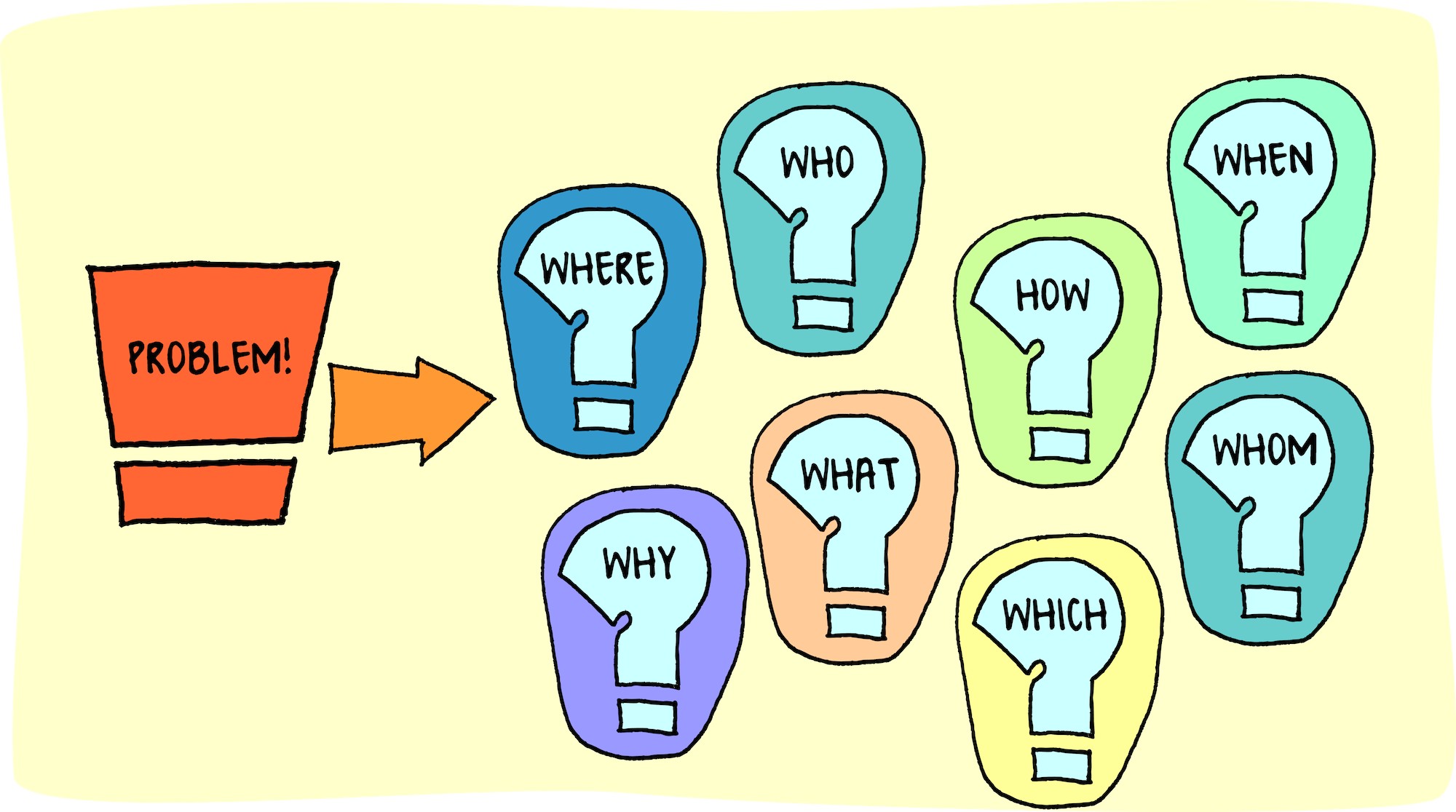## Beyond the Textbook: Unpacking What Makes a Truly Great Teacher
The echoes of a truly great teacher reverberate far beyond the confines of a classroom, shaping minds, inspiring passions, and instilling lessons that last a lifetime. While academic qualifications and subject matter expertise are undoubtedly foundational, they are merely the entry points to a profession that demands so much more. What truly elevates an educator from good to great is a complex alchemy of empathy, adaptability, passion, and an unwavering commitment to nurturing the holistic development of every student. It is a nuanced craft, less about simply imparting facts and more about igniting a lifelong love of learning and discovery.
At the heart of every great teacher lies a profound empathy and an ability to connect with students on a deeply human level. They understand that each child arrives in the classroom with a unique backstory, a distinct set of challenges, and an individual way of processing the world. This empathetic understanding allows them to see beyond a struggling grade or a disruptive behavior, recognizing the underlying needs and fears that might be at play. A truly great teacher doesn’t just teach subjects; they teach *students*. They cultivate an environment where every voice feels heard, every question is valued, and every struggle is met with support, not judgment. This creates a psychological safety net, encouraging students to take risks, ask questions, and engage authentically without fear of embarrassment or failure. They remember that learning is not a one-size-fits-all endeavor, and they strive to meet students where they are, rather than expecting all to conform to a single mold.
Beyond empathy, adaptability is a hallmark of exceptional teaching. The modern classroom is a dynamic ecosystem, constantly influenced by evolving curricula, technological advancements, and the diverse needs of a student body. A great teacher is not rigid; they are nimble, capable of pivoting their strategies when a lesson isn’t landing, integrating new tools, and responding effectively to unexpected challenges. They possess a deep well of pedagogical strategies, ready to adjust their approach for different learning styles – whether it’s visual, auditory, kinesthetic, or a blend. Imagine a teacher realizing halfway through a complex science lesson that the class isn’t grasping a concept; a great teacher won’t simply press on but will pause, re-explain using a different analogy, or introduce a hands-on activity, demonstrating flexibility and a commitment to ensuring understanding. This adaptability extends to their continuous professional growth, recognizing that the best educators are perpetual learners themselves.
Furthermore, a palpable passion for their subject matter is infectious and fundamentally distinguishes a great teacher. They don’t just deliver content; they embody excitement for the knowledge they share. When a teacher genuinely loves what they teach, that enthusiasm permeates the classroom, transforming potentially dry material into captivating explorations. A history teacher who recounts historical events with the dramatic flair of a storyteller, or a mathematics teacher who marvels at the elegance of an equation, can ignite a similar spark in their students. This passion transcends the curriculum, showing students the inherent wonder and relevance of the subject, and often inspiring them to pursue further inquiry long after the bell rings. It’s not about being a charismatic performer, but about possessing an authentic intellectual curiosity that inspires others to share in the journey of discovery.
Crucially, great teachers are masterful communicators, both in their instruction and in their feedback. They simplify complex ideas without oversimplifying them, using clear, concise language and engaging examples that resonate with their audience. Their instructions are unambiguous, and their explanations are thorough. More importantly, they provide feedback that is constructive, timely, and actionable. They don’t just point out errors; they guide students towards understanding *why* something was incorrect and *how* to improve. This ongoing dialogue fosters a growth mindset, helping students view mistakes as opportunities for learning rather than definitive failures. They are also excellent listeners, attuned to the subtle cues from students that indicate confusion, disengagement, or burgeoning understanding.
Finally, great teachers are architects of possibility, instilling in their students a belief in their own potential. They set high expectations, not out of a desire for perfection, but because they genuinely believe in their students’ capacity to meet challenges. They celebrate effort and progress as much as, if not more than, ultimate achievement. They empower students to become independent thinkers, problem-solvers, and lifelong learners, rather than mere recipients of information. They teach resilience, the invaluable skill of bouncing back from setbacks, by consistently reinforcing that persistence and strategic effort lead to mastery. The impact of such a teacher extends far beyond academic grades; it cultivates character, confidence, and a robust framework for navigating the complexities of the world. They understand that their role is not just to prepare students for tests, but to prepare them for life.
In summation, what makes a great teacher is a profound blend of pedagogical expertise and deeply human qualities. It is the empathy to understand, the adaptability to innovate, the passion to inspire, the clarity to communicate, and the unwavering belief in the potential of every single student. These educators are not just facilitators of knowledge; they are mentors, motivators, and molders of future generations, leaving an indelible mark on the lives they touch and quietly shaping the future of our society, one engaged mind at a time.




